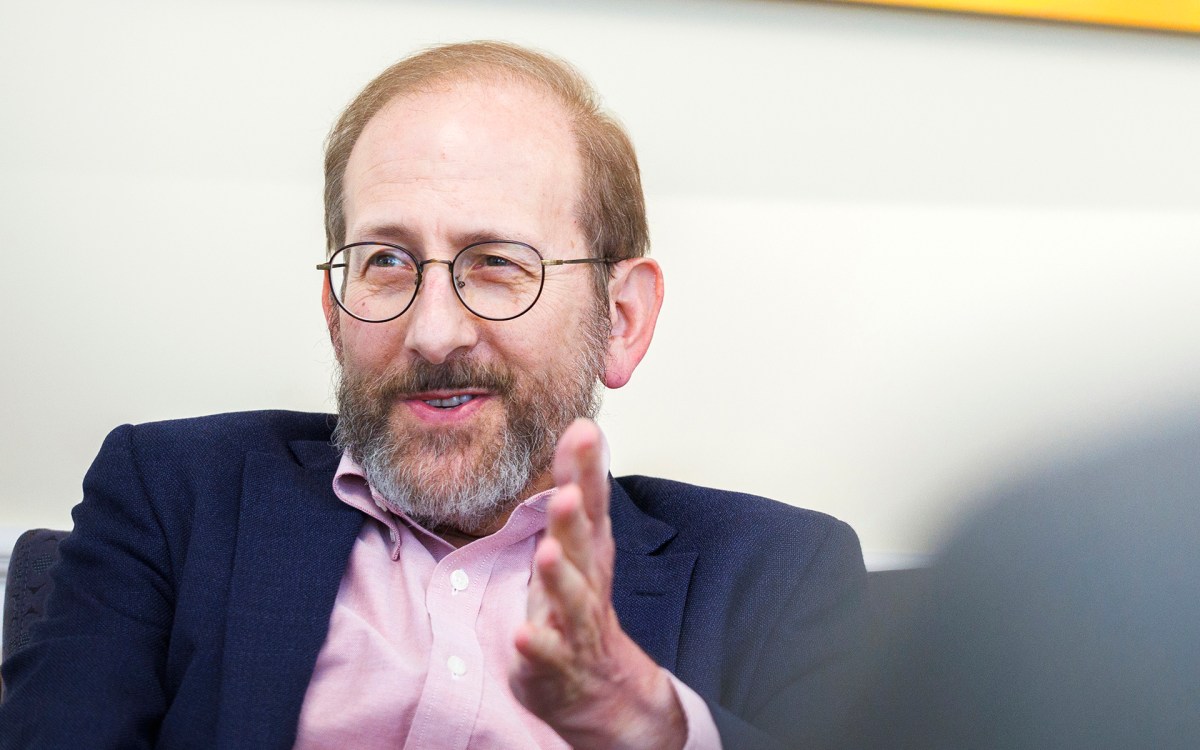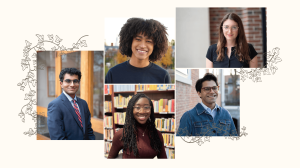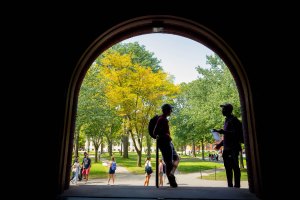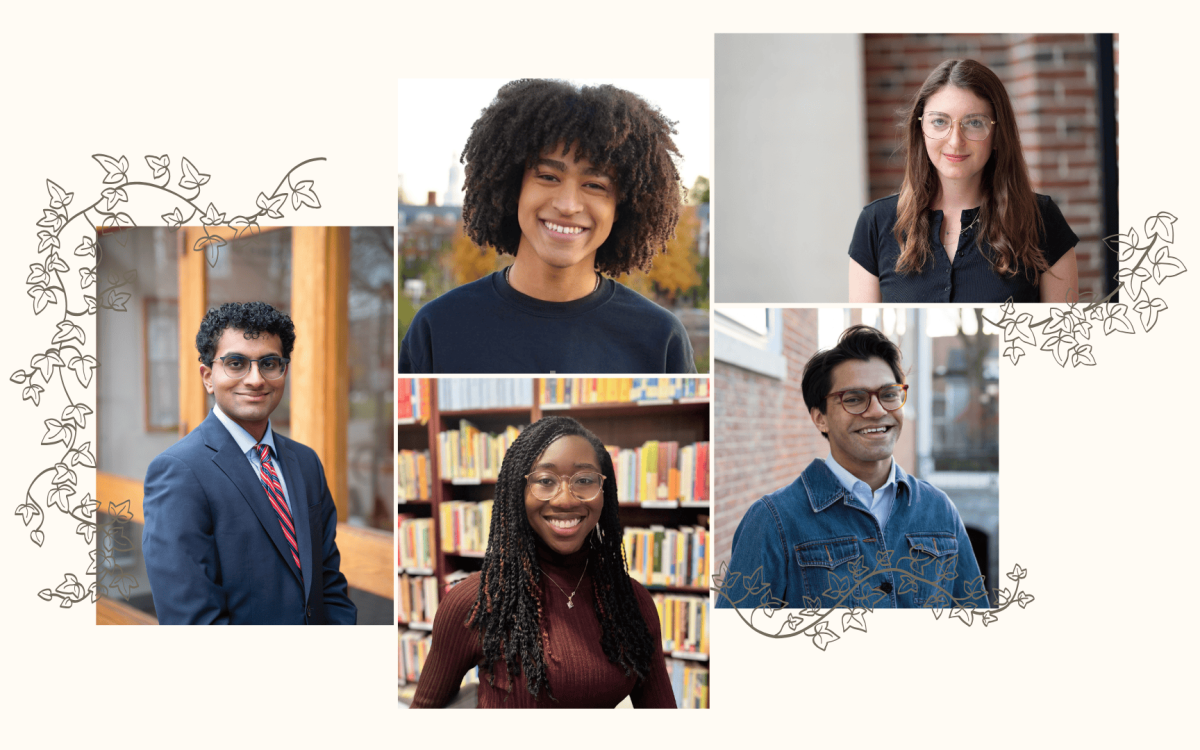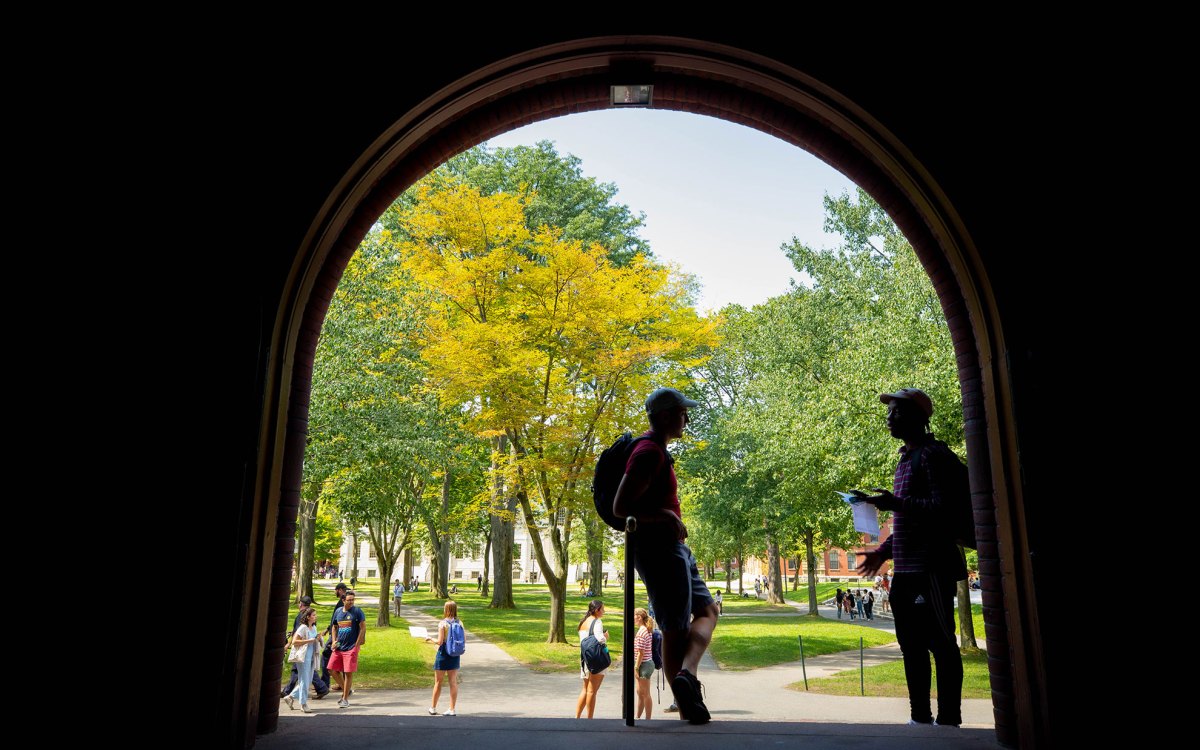25th reunion leaders endow professorships
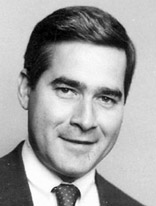
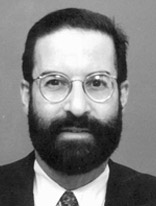
Calling the endowment of new professorships one of his highest priorities in the coming years, Dean of the Faculty of Arts and Sciences Jeremy R. Knowles recently set a goal of expanding the Harvard College faculty by 60 members overall.
“New professorships are essential if we are to transform the educational experience of our students,” said Dean Knowles. “Only in this way can we secure the finest teaching, lower the student-to-faculty ratio, and properly cover the intellectual landscape both in the traditional disciplines and in new areas of scholarship.”
Two co-chairs of the Class of 1976, Brian D. Young ’76 and Mark Schwartz ’76, M.B.A. ’78, M.P.P. ’79, recently endowed professorships in philosophy and Asian studies, respectively, in celebration of their 25th reunion.
Inspired by philosophical debate
“Concentrating in philosophy was a remarkable preparation for life,” said Brian Young. “It taught me to challenge the conventional wisdom and think outside the box.”
Co-founder of the New York investment firm Eos Partners, L.P., Young described his undergraduate years in the Philosophy Department as “fascinating,” especially as they offered him a front-row seat to the philosophical debates between faculty members John Rawls, James B. Conant University Professor, Emeritus, and Robert Nozick, Pellegrino University Professor. “Professor Rawls had just published his book ‘A Theory of Justice,’ which was an interesting way of addressing social issues,” Young recalled. “Professor Nozick took a differing view, and it was a terrific, gripping debate to witness. They waged their debate in both their writings and the courses they taught. I took courses from both professors and Professor Rawls was my thesis adviser. It was probably the most interesting philosophical debate going on in the world at the time and it was happening within one department at Harvard.”
Young said that he endowed a professorship in philosophy as “a way of giving back to Harvard and to a department that had such an enormous effect on both my undergraduate experience and my life since those days.”
Prior to endowing the new professorship, Young established a Cornerstone scholarship early on in The University Campaign. Later in the drive, he played a founding role in the challenge fund for financial aid, which helped raise more than $225 million for undergraduate financial aid. He is a member of the Committee on University Resources and the New York Major Gifts Committee.
Young, who grew up in Wellesley, Mass., and attended Wellesley High School, said he enjoys the chance to work closely with other alumni and meet with undergraduates through his active participation in the College. “I hope we are creating among the Harvard community a virtuous circle: students will receive financial aid as undergraduates, many will go on to success in their lives and careers, and then they will give back, supporting the experience of the next generation of Harvard students by endowing scholarships or professorships.”
“Financial aid is the single most important factor in attracting the most talented students,” said Knowles, “and talented students attract stellar faculty. Following his generous creation of undergraduate scholarships, Brian has now endowed a new professorship. First bring the best students to Harvard, and then ensure there are inspiring faculty to teach them. Brian is helping to secure our whole enterprise!”
“One of the challenges Harvard faces is that with all of its resources, it’s very easy to get complacent,” Young concluded. “It needs to continue to make meaningful connections with its alumni about the issues that are important to the College today. I have a great attachment to Harvard and I am honored to be affiliated with it. I am happy to be actively involved in this way.”
Encouraging student interest in Asia
When Mark Schwartz was preparing to move with his family to Japan in 1996, he contacted William C. Kirby, Edith and Benjamin Geisinger Professor of History and director of the Asia Center, to help him prepare for life in his new home. “It was just my instinct to turn to Harvard,” he recalled. “I called Bill Kirby, whom I didn’t know but whom I had heard speak at alumni events, and asked him to put together a reading list for me about Asian history. I still consult most of those books today.”
Schwartz was moving to work in the Tokyo office of Goldman Sachs, where he has been employed since he graduated from Harvard Business School and the Kennedy School of Government. “I’ve really had a love affair with two institutions in my life – Harvard and Goldman Sachs – and during the last few years, I began to think about how I might marry these two interests. I’ve also had the opportunity to get to know Jeremy Knowles during his travels in Japan. I talked with him about my attachment to Asia and my desire to support Harvard, and soon the idea of a professorship emerged.”
The Mark Schwartz Professorship in the Faculty of Arts and Sciences supports a distinguished scholar whose work contributes significantly to the understanding of the economic, social, political, cultural, or historical development of Asia, or to the study of Asia’s relations with the rest of the world. Schwartz, who has previously endowed financial aid scholarships at Harvard, said that he decided on a broad academic scope to give the College as much flexibility as possible in appointing a scholar where he or she is most needed.
“Mark’s affection for Harvard and his delight in Asian culture, society, and history make his decision to endow the Mark Schwartz Professorship wonderfully fitting,” said Knowles. “The new professor will bring exciting new scholarship to the faculty, and will enrich and broaden the offerings for our students.”
“My family and I have had the most remarkable experience living in Japan,” Schwartz concluded, “and I hope that the scholar who holds this professorship will encourage students to learn more about this area of the world. I feel proud of the professorship because I know it is important to Harvard, it will contribute to the students there, and it will be enduring. This is among the happiest occasions in my life.”
